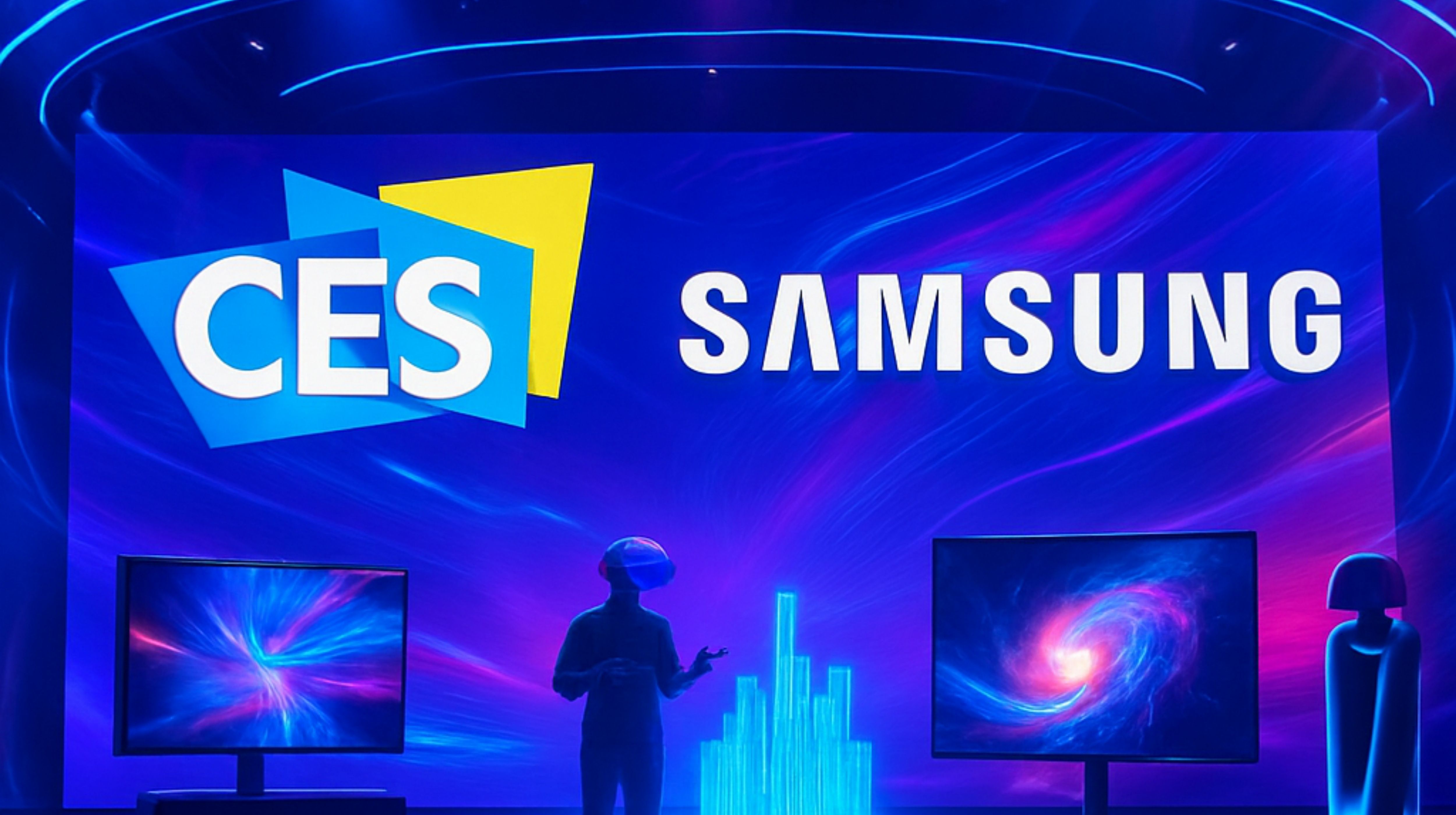An update that improves transparency for followers while meeting rules set by the Federal Trade Commission, which expects sponsored material to be disclosed clearly.
Creators previously relied on hashtags such as #ad or #paidpartnership instead of an integrated disclosure option. The new feature allows users to apply the label through a content-disclosure toggle either during posting or afterwards.
X’s product lead, Nikita Bier, said undisclosed promotions damage trust and weaken the platform’s integrity, so the tool is meant to support creators and regulators simultaneously.
X has been trying to build a stronger creator ecosystem by offering payouts, subscriptions and other incentives. Yet many creators still favour Instagram or YouTube over X as their primary channel, because those platforms have longer-standing monetisation tools.
The addition of a built-in label aligns X with broader industry practice and aims to regain credibility among advertisers and creators.
The company has also tightened API access, preventing programmatic replies unless a user is directly mentioned or quoted.
A change that seeks to limit LLM-generated spam instead of allowing automated responses to distort discussions or appear as fake engagement beneath sponsored content.
X hopes these combined measures will enhance authenticity around commercial posts.
Would you like to learn more about AI, tech and digital diplomacy? If so, ask our Diplo chatbot!









